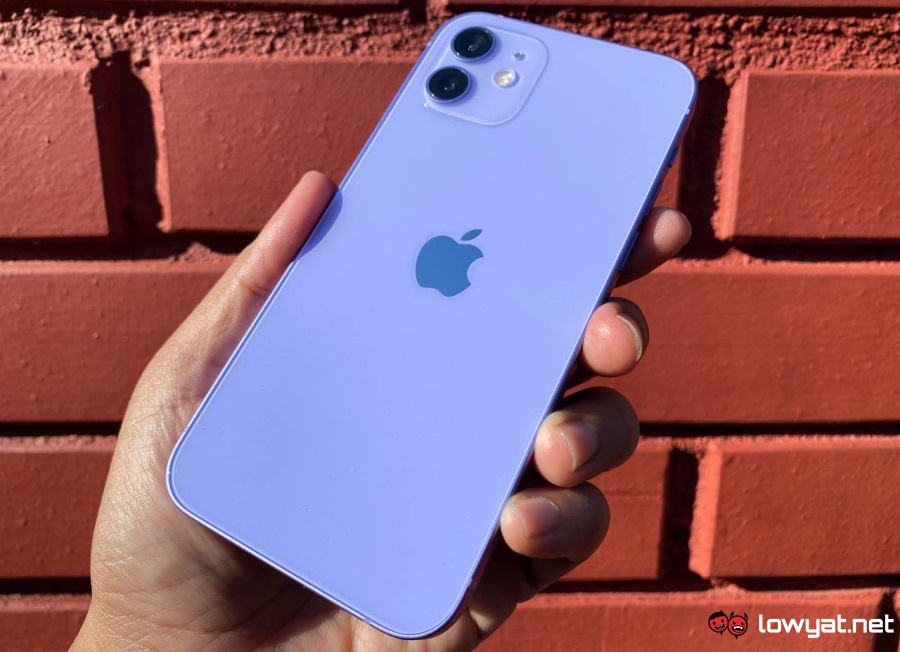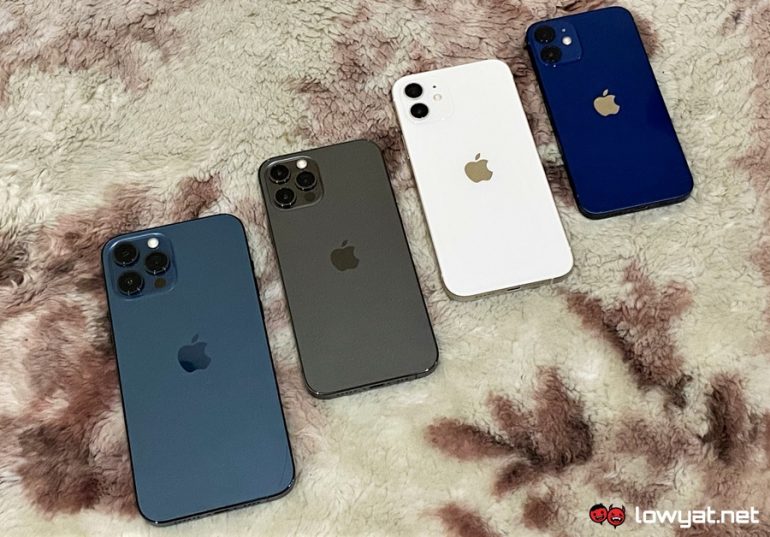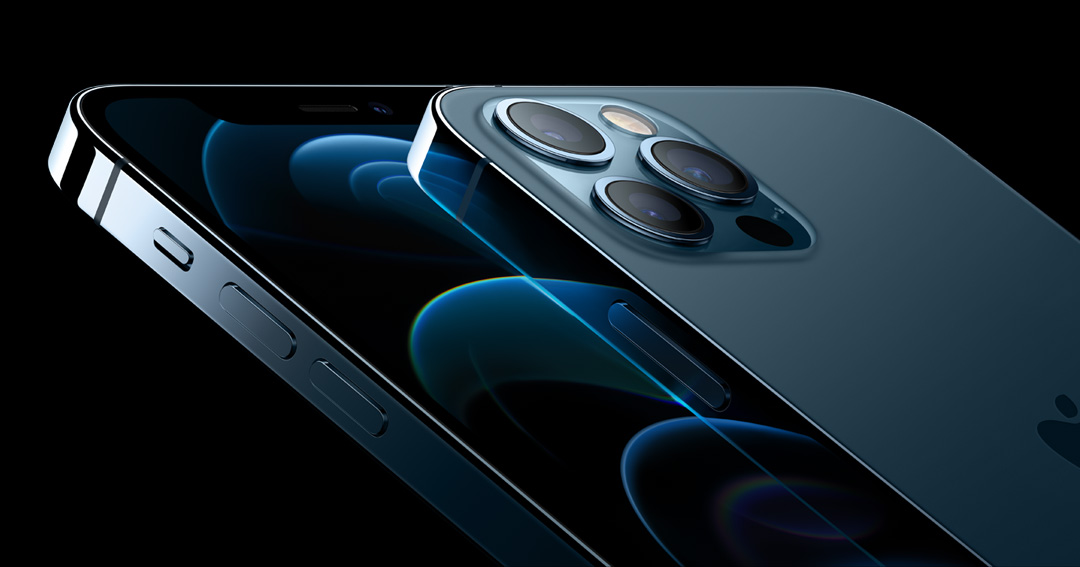Yesterday, as Apple launched its latest lineup of iPhones and smartwatches, France’s radiation watchdog ANFR informed the tech giant that it was imposing a ban on the sale of the three-year-old iPhone 12 due to its findings that it exceeds the European Union radiation exposure limits. Today, the company put out a statement disputing the findings.
Apple said that the iPhone 12 was certified by multiple international bodies as compliant with global radiation standards and that it had provided several Apple and third-party lab results proving the phone’s compliance to ANFR. Following the French ban, Germany’s network regulator BNetzA may initiate similar investigations, while Spain’s OCU consumer group has requested authorities to stop selling the iPhone 12.
According to the ANFR, accredited labs discovered electromagnetic energy absorption by the body at 5.74 watts per kilogramme when the iPhone 12 was held in the hand or kept in a trouser pocket. The EU limit is 4.0 watts per kilogramme. However, Reuters reported that a French government source said the test by the French watchdog was different from the method used by Apple.
France’s junior minister for the digital economy, Jean-Noel Barrot, stated that a software update was required to fix the radiation issues and that Apple has two weeks to respond. Failure to do so would result in a physical recall of all iPhone 12 in circulation.
The International Agency for Research on Cancer, which establishes global SAR limits, classified radiofrequency electromagnetic fields emitted by mobile phone use as “possibly carcinogenic” in 2011. This designation indicates that there is limited evidence of something potentially causing cancer and is meant to encourage further research.
(Source: Reuters)
Follow us on Instagram, Facebook, Twitter or Telegram for more updates and breaking news.





